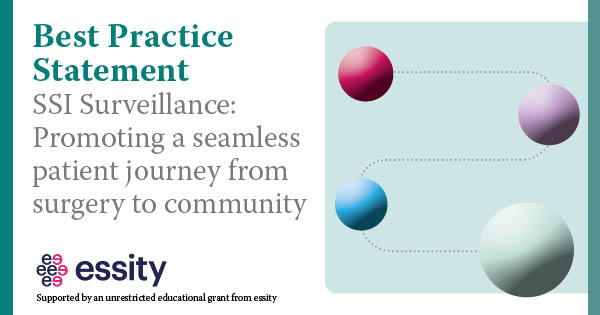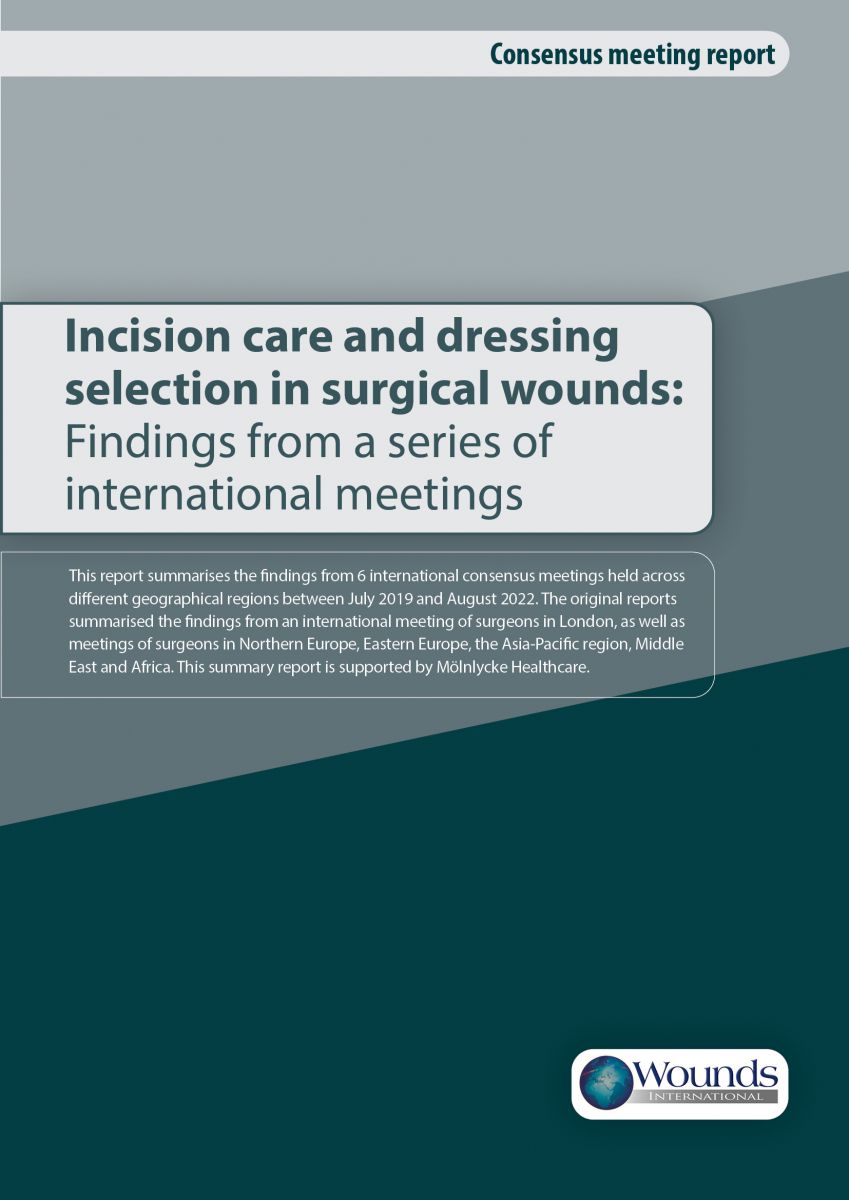<p>Background: The most advanced form of lymphoedema, known as elephantiasis, is one of the most distressing clinical presentations of lymphatic filariasis. Aims: The objective of this study was to explore women’s experiences of elephantiasis. Methods: This study was conducted at the Center for Teaching, Research and Tertiary Referral for Bancroftian Filariasis (NEPAF) in Recife, Brazil. Ten open-ended questions prompted each subject to respond freely about their disease. Results: The content of the responses that was common to all 28 participants were grouped into nine themes, the most prominent being: patients referring to their disease as filariasis; the tremendous physical and emotional suffering that accompanied acute episodes; discouragement and hopelessness on hearing from physicians that ‘filarial swollen leg’ was an ‘unavoidable disease’; poor access to medical assistance and drug treatments, particularly during acute episodes; the substantial negative effect of elephantiasis on daily life; and societal discrimination. Conclusions: There was a strong consensus from women with elephantiasis regarding their needs, perceptions of their condition, its treatment and its impact on their lives. Conflict of interest: The study was supported by the Amaury Coutinho Non- Governmental Organization, Recife, Brazil.</p>






